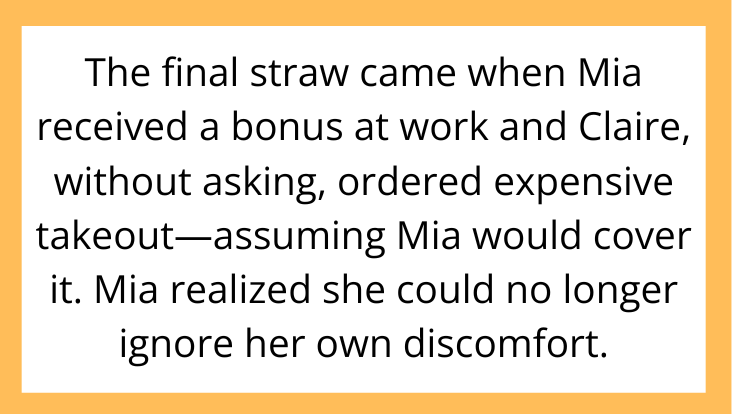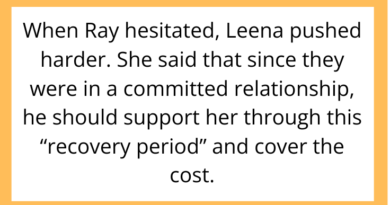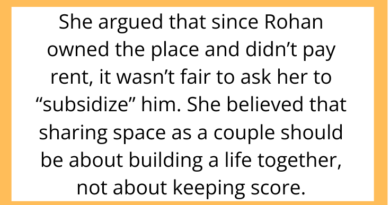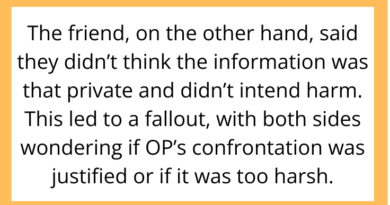AITAH for Wanting My Best Friend to Move Out After She Lost Her Job?
When someone you love falls on hard times, the natural instinct is to help. But what happens when helping begins to feel like sacrificing your own well-being? In today’s AITAH scenario, we explore one woman’s struggle to balance compassion with her need for personal space—and the fallout when she finally drew the line.
The Story: From Roommates to Resentment

It started simply enough. A 28-year-old woman—let’s call her Mia—shared on r/AITAH that her best friend of 10 years, Claire, was unexpectedly laid off. With rent due and no savings, Claire had nowhere else to go. Mia offered her spare room, promising she could stay for “a few weeks” until she landed back on her feet.
Six months later, Claire was still there.
In that time, Mia felt the dynamic of their friendship shift. Claire contributed nothing to rent or bills. She spent her days at home, sleeping late and applying sporadically for jobs online. Meanwhile, Mia was covering utilities, groceries, and every household expense. She started to feel like a full-time caretaker rather than a friend.
The Breaking Point: A Candid Conversation

Mia described how resentment slowly built up. She’d come home exhausted after work to find dishes piled up, the living room a mess, and Claire binge-watching TV. Any attempts to discuss expectations were met with tears or excuses.
The final straw came when Mia received a bonus at work and Claire, without asking, ordered expensive takeout—assuming Mia would cover it. Mia realized she could no longer ignore her own discomfort.
She sat Claire down and explained she needed her to find other arrangements within 30 days. Claire was devastated, accusing Mia of being heartless, selfish, and abandoning her in her darkest hour. She packed a bag and went to stay with her sister the next day.
Feeling guilty, Mia turned to Reddit to ask: AITAH for finally asking her to move out?
Helping vs. Enabling: Where’s the Line?
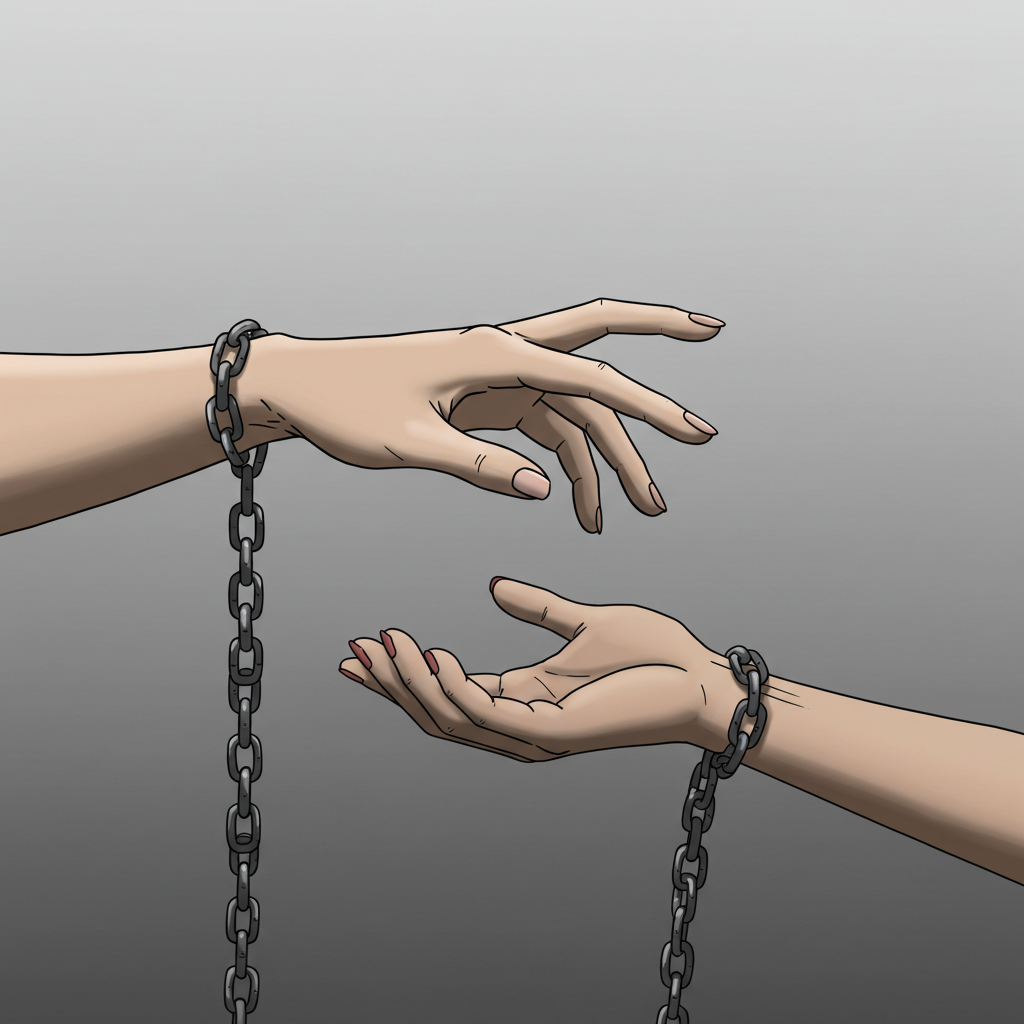
The Case for Mia: Boundaries Aren’t Betrayal
From Mia’s perspective, her generosity had clear limits. Six months of rent-free living, emotional support, and financial help was more than many friends could offer. At some point, compassion gave way to enabling.
It’s worth noting that Mia tried to communicate her needs several times. She set expectations and offered encouragement to job hunt. Her decision wasn’t impulsive; it was the result of repeated boundary crossings.
One Reddit commenter summed it up perfectly: “You’re not the villain for saying enough. She’s an adult and needs to take responsibility.”
The Case for Claire: Feeling Abandoned
On the other hand, Claire was facing genuine hardship. Job loss can be traumatic, and depression often saps motivation. To her, Mia’s decision felt like rejection at the worst possible moment. Losing both her income and her home was likely overwhelming.
Some Redditors empathized: “Imagine having nowhere to go and your best friend tells you to leave. That must feel like betrayal.”
Reddit’s Verdict: Mostly Not the Villain

Thousands of upvotes poured in on Mia’s side. The consensus was clear: while her timing was painful, her request was reasonable. Most agreed that six months was more than generous, and Claire had taken advantage of Mia’s kindness.
A few suggested Mia could have set clearer deadlines earlier or connected Claire with community resources to ease the transition. But ultimately, the overwhelming response was that Mia had every right to protect her home and mental health.
Why This Scenario Resonates
This AITAH story struck a nerve because so many people have been in similar situations: torn between helping loved ones and maintaining their own stability.
It highlights a critical truth about boundaries: they are essential, even when they hurt. Supporting someone doesn’t have to mean sacrificing yourself indefinitely.
Setting Healthy Boundaries When Helping Friends

If you find yourself in a similar situation, here are a few lessons from Mia’s experience:
-
Be Clear From the Start: Outline expectations around finances, chores, and timelines.
-
Communicate Early and Often: Don’t wait until resentment builds up.
-
Offer Resources, Not Just Shelter: Help them connect with job services, financial assistance, or counseling.
-
Know When to Say No: Your home and peace of mind are important, too.
